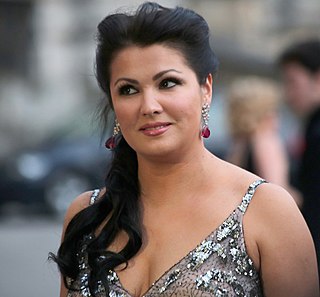A Quote by Esa-Pekka Salonen
Somehow, conductor as this superhuman conduit between the masters and the masterpieces and the immortals.
Quote Topics
Related Quotes
Perhaps the chief requirement of [the conductor] is that he be humble before the composer; that he never interpose himself between the music and the audience; that all his efforts, however strenuous or glamorous, be made in the service of the composer's meaning - the music itself, which, after all, is the whole reason for the conductor's existence.


































